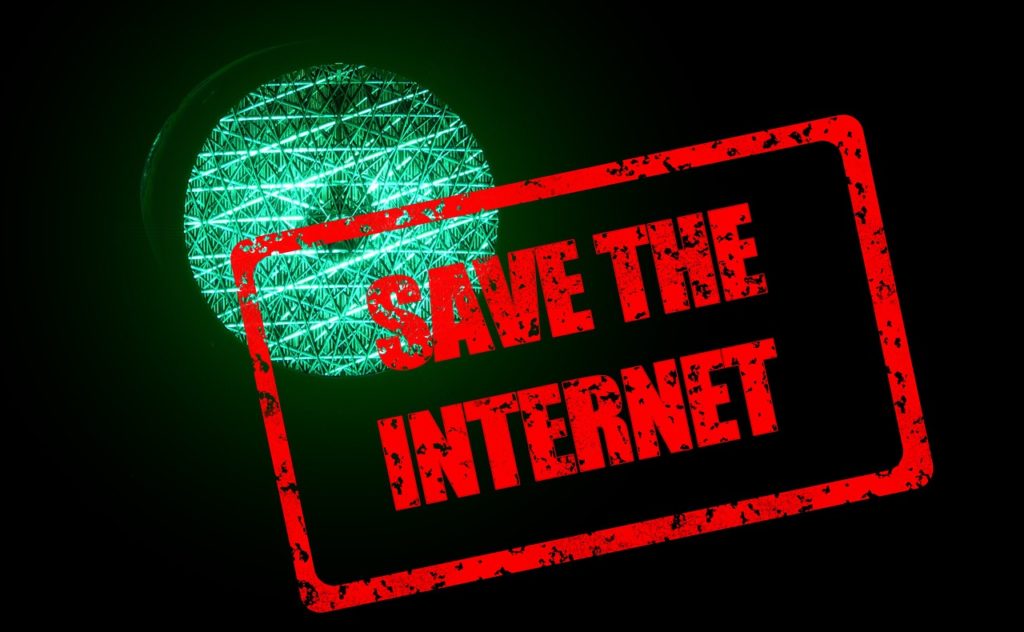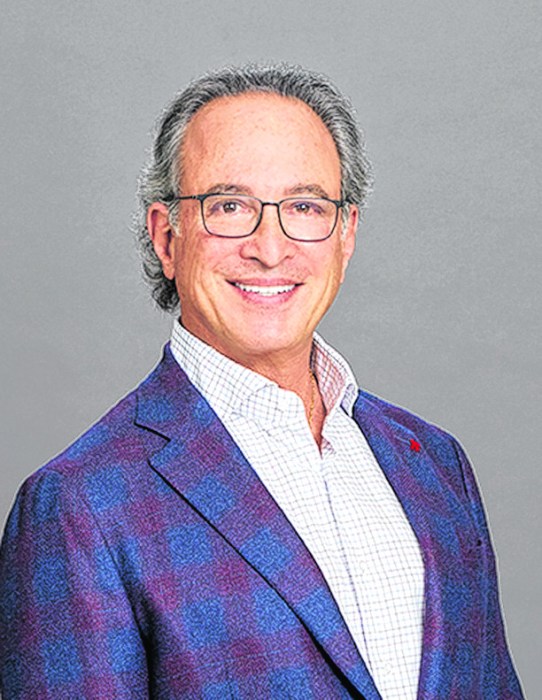 Net neutrality: most people don’t know whether or not they are for or against it, mainly because not many know what “net neutrality” means.
Net neutrality: most people don’t know whether or not they are for or against it, mainly because not many know what “net neutrality” means.
In the simplest of terms, net neutrality is an Internet governed by the assurance that no website is off limits to citizens and large corporations cannot speed up, slow down or downright block any content it deems unfit for consumption or damaging to their business efforts. Net neutrality safeguards the Internet from being controlled by corporations, much like cable companies control how we consume television.
Initially approved by the Federal Communications Commission (FCC) in 2010 and again in 2015, the idea of net neutrality is once again under scrutiny by Internet Service Providers (ISPs) like Comcast, Verizon, Cablevision and AT&T. Why? It’s as simple as it is abominable: ISPs stand to make a substantial profit by charging users to access certain websites or by charging consumers extra for faster Internet access or by charging companies like Netflix, Facebook and Google higher fees for more bandwidth.
Currently, companies like Cablevision merely provide the portal to the Internet. Do you really want Cablevision and other similar companies to control anything more than they already do? Do you really want them to control who gets Internet access and how much Internet access they get? These companies, already drunk on fees, would gleefully jump at the chance to take more of our money.
If ISPs get their way, the Internet would be divided into two virtual societies: those who can afford to pay for Internet “fast lanes” and everyone else. It will be the Internet’s version of the haves versus the have-nots. Unsurprisingly, the main cheerleader seeking to repeal net neutrality is the new FCC chairman, the President Donald Trump appointed Ajit Pai, a former Verizon lawyer.
An open Internet allows a forum for citizens and preserves our right to communicate freely online. Dismantling net neutrality would make clamping down on dissent as easy as closing a browser window, thereby giving power to industry lobbyists and special interests.
Like it or not, the Internet is the new town square. A place where anyone can climb atop a soapbox and tell their story, give their opinion or speak up for those who cannot speak for themselves. The American town square is not a place one expects to find roped off for VIPs only.
Net neutrality, much like free speech, is not negotiable.
—Steve Mosco


































